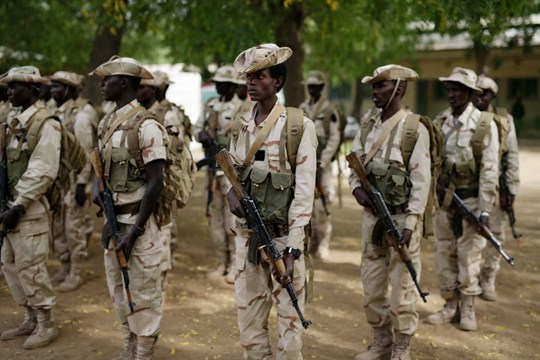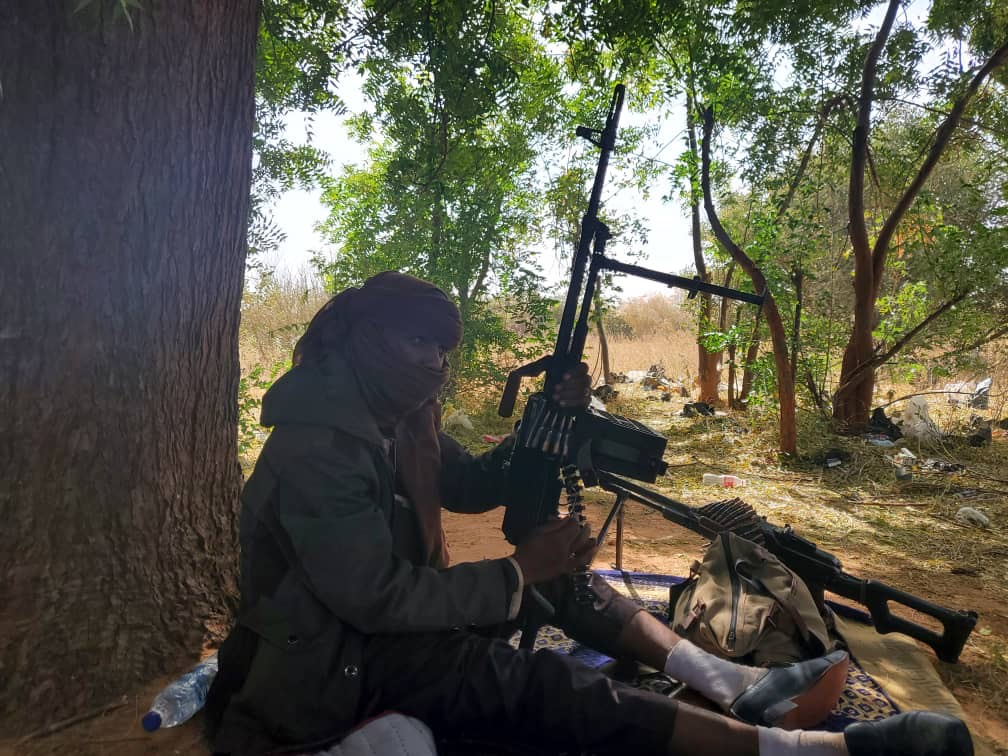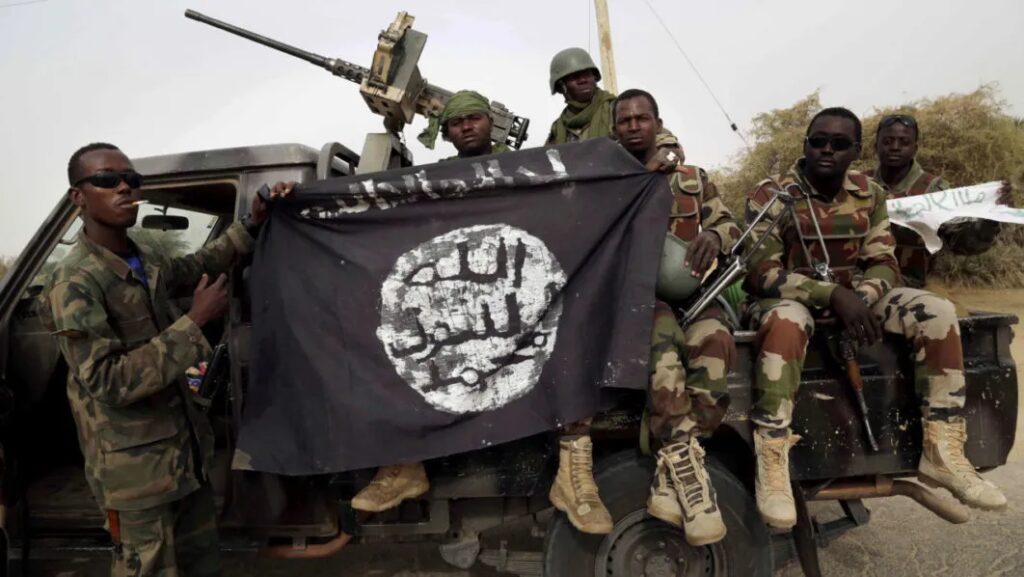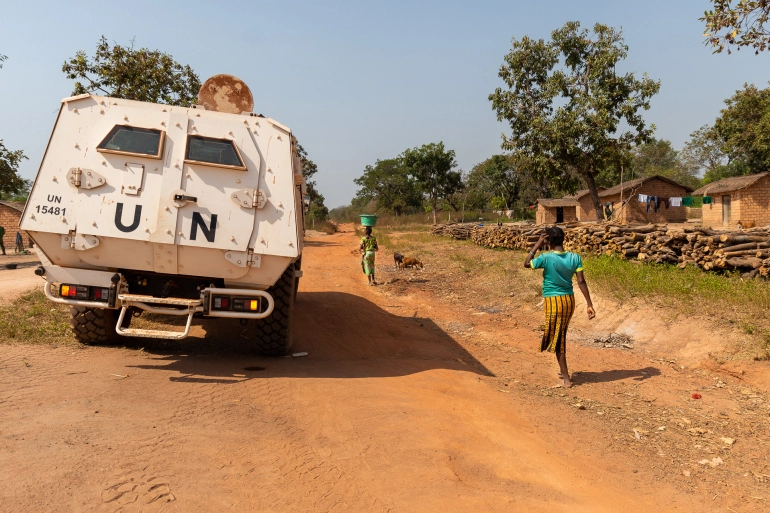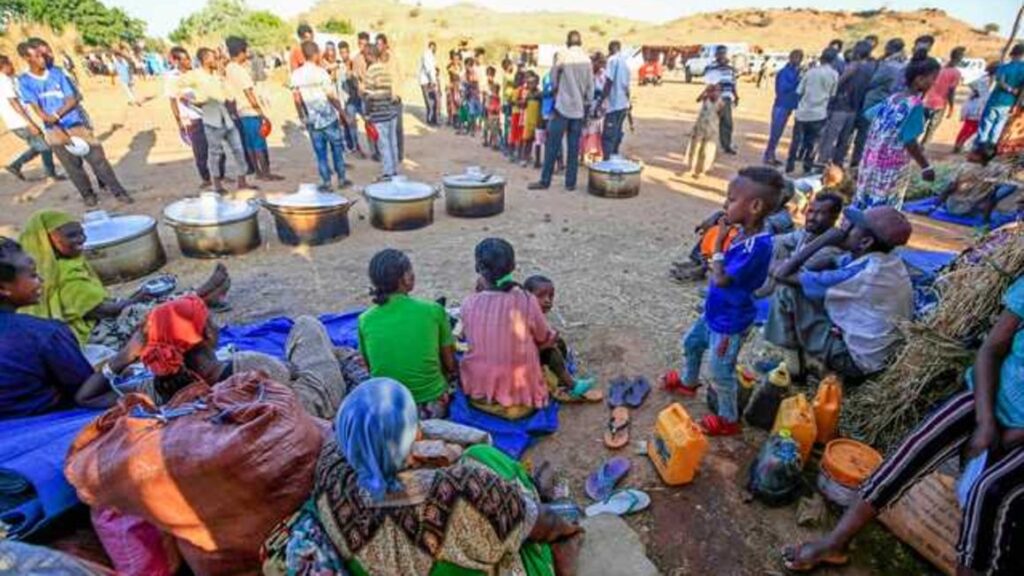Burkina Faso: Ongoing conflict and displacement exacerbate medical needs
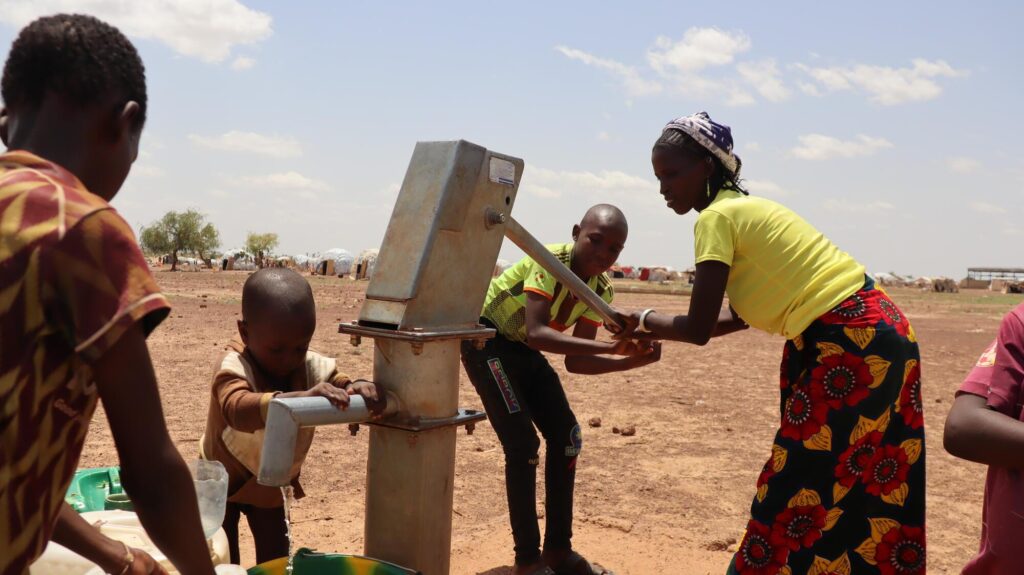
Months of tension and protests in Burkina Faso culminated in a military takeover on January 24. This political crisis comes as conflict continues in the country, causing violence and displacement and leaving many people struggling to find food, water, shelter, and medical care. Humanitarian organizations have also been hit by the violence, making it extremely challenging to provide much-needed aid.

